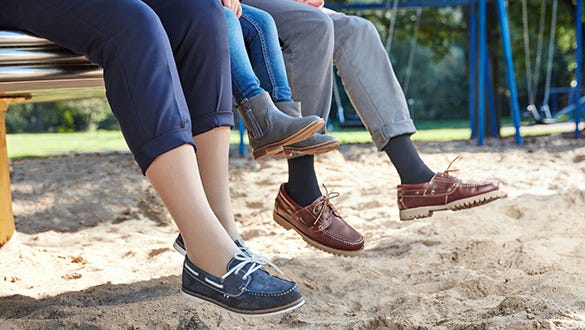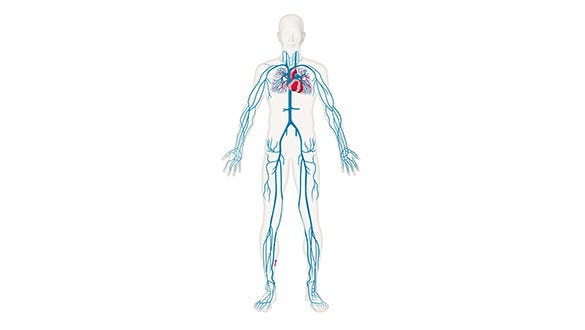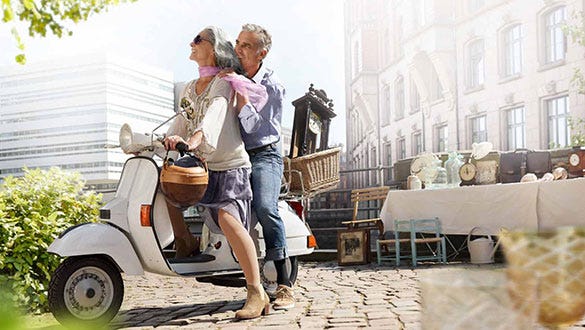- Free First Class Delivery
- Buyer Protection
- Secure Online Shopping
- Healthcare Professional? Click here
Holiday travel


Categories
Make sure your holiday is the best time of the year!
Holiday time has arrived at last. Whether it’s a hurly-burly city break, packing a rucksack to climb a mountain, taking a cruise or replenishing your tank on a white, sandy palm beach, the main thing is: relax and escape from the daily grind!
Before you can sniff that long awaited holiday air, there’s still a few little jobs to do in preparation for the journey. It’s not just the swimming things that need to be packed. Think of the environment you’re going into and what you’d need to keep yourself healthy such as sun screen, vaccinations and perhaps a first-aid kit too. So, if you really want your holiday to be the best part of the year, it’s worth spending a few moments to think of your health. Read on for a few tips to help plan your holiday.
Show me sun - but in moderation!
The sun boosts our circulation and strengthens the immune system and tops up our Vitamin D. But too much UV light can cause sunburn and harm the skin.
So:
- Pack adequate sun screen with a high protection factor against UV-A and UV-B radiation. Always look for the 5 Star UVA protection rating.
- Apply the sun lotion generously, always in the shade, and at least 30 minutes before going out. Don’t forget you can also get sun burnt on a cloudy day too.
- To maintain protection, you should reapply the sunscreen regularly during the day, particularly on the beach.
- Always avoid the sun when it is at its hottest - between eleven and three o'clock. The sun’s rays are high in the sky during these times and therefore scatter far and wide.
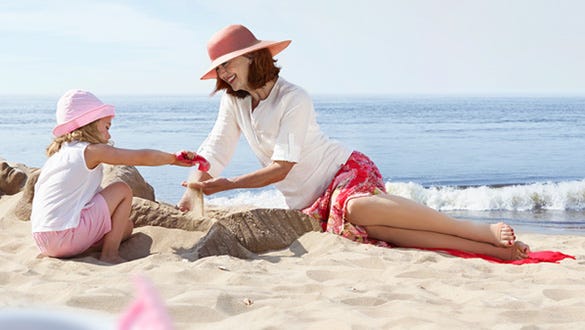

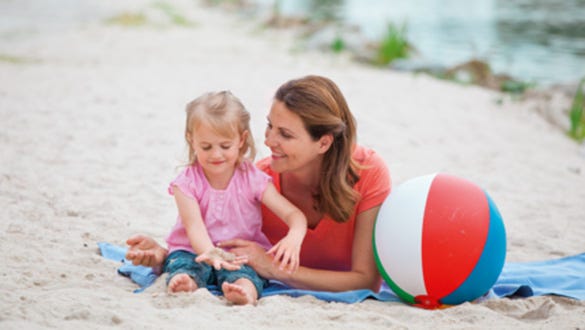

Eating and drinking
Feel free to feast on holiday. However, our gastrointestinal tract can sometimes be overwhelmed in distant lands. Keep your choices fresh and healthy and not too much spice if you’re not used to it.
The simplest rule for eating and drinking safely is:
- Boil it, cook it, peel it or forget it.
The same applies to drinking water. Only drink boiled or commercially bottled water – not all countries have safe tap water. Furthermore: don't have ice in your drink as this is usually from tap water.
First vaccinate, then travel!
Vaccinations and preventive medicines offer the best protection against diseases such as typhoid, hepatitis, yellow fever or malaria.
The risk of catching an infection is highest in countries with a tropical climate. Find out about the conditions at your destination before you leave, for example, on the homepage of the Foreign Office or ask your GP or Pharmacist for advice.
Protect yourself from mosquitoes as they can transmit the diseases. Wear long clothing whenever possible, sleep under a mosquito net if appropriate, use anti-mosquito spray and light votive candles to keep the little beggars away in the evening.
First-aid kit
A well thought out first-aid kit is worth its weight in gold. It should include the following recommended items:
- Pain killers and medicine to lower body temperature
- Medicine to treat diarrhoea and rehydration solution to compensate for the loss of fluids and minerals.
- Mild laxative for constipation
- Skin cleaning wipes
- Anti-itching gel or cream for insect bites or prickly heat
- Sticky plaster and bandages
- Tweezers
- Eye drops for irritation caused by dry air or dust
- Medicine for travel sickness
- Antibiotic eardrops for inflammation of the ear canal (swimmer's/diver's ear)
- Preparations for treating bruises, sprains and sunburn, such as Aloe Vera gel
- Anti-insect spray
Arrive feeling raring to go!
A successful holiday begins with a relaxing journey.
Long journeys over 3 hours, whether it be in an aircraft, a car, buses or trains, can increase the risk of thrombosis (DVT). A DVT can occur if a blood clot forms in a leg vein and blocks the vessel. These blood vessels transport the blood from the feet back to the heart.
To help avoid this happening, you need to keep the calf muscle pump moving. By doing this, the contraction and relaxation of the calf muscles ensures the veins flow the blood back to the heart efficiently. If we sit or lie around for a long time without sufficient exercise or moving, this muscle pump cannot work which makes the blood flow slow and increases the risk of a DVT.
But there are many tips for minimising the risk of traveller's thrombosis:
- Buy some clinically proven travel socks from medi UK. With their controlled pressure gradient decreasing up to the knee, they activate the muscle pump and thus the blood circulation.
- Keep hydrated! On long-haul flights, you should drink about twice the amount you normally do. This helps to keep the blood from thickening and also helps rehydrate you from the dry air. Avoid drinks such as coffee, tea or alcohol as these can have the reverse effect. Water, fruit juice mixed with mineral water or herbal teas are better for you.
- Wear loose clothing and comfortable shoes. Exercises such as rocking and circling your feet will keep your circulation going. Take every opportunity to stretch your legs and walk around. Every muscle contraction promotes the return blood flow to the heart.
Now, go and enjoy your well-deserved holiday!

